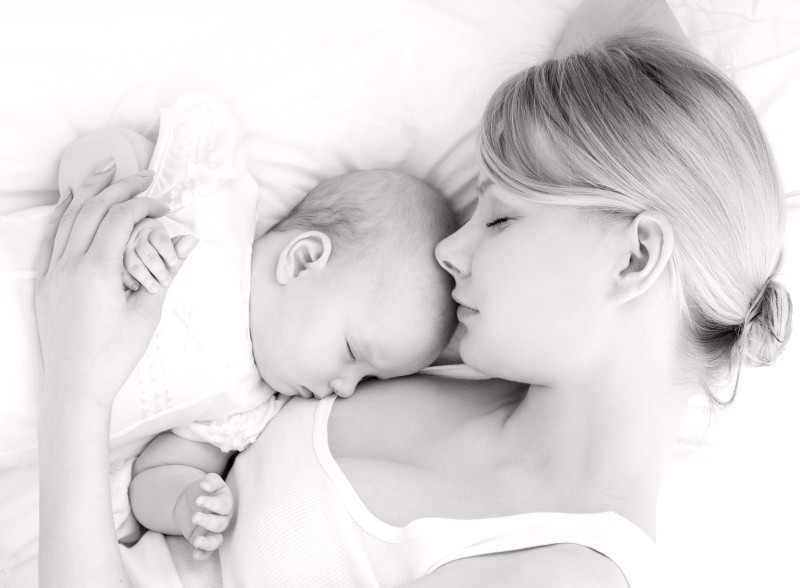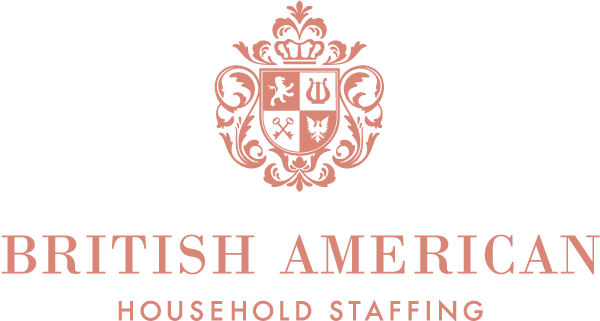
In a recent article, Baby Caravan founder, Jennifer Mayer dives deep into just how long it takes to recover after childbirth.
“In the US’ medical system, it’s common practice for mothers to receive postpartum care up to six weeks following the birth of their baby. Yet, multiple research studies have shown that it takes up to a whole year to fully recover from pregnancy and childbirth. It would be wise for the medical community to extend postpartum health care beyond six weeks, and provide a year of coverage for women to improve health outcomes.”
Every body will recover from childbirth differently and at the pace it needs to. Looking at the physical and emotional stress labor and delivery can put on a body can help dictate what postpartum care is best.
Physical Recovery After Childbirth
With celebrities posing in bikinis on social media weeks after giving birth, it may feel like your recovery is stalling. It’s important to understand that every body is different and to allow your body the time it needs to recover from bringing a new life into the world.
A study from the University of Michigan found stress and injury to the pelvic floor of the women in their study that experienced high risk deliveries. These stressors may be missed without MRI scans in routine checkups after birth. For the most part, bodies are able to heal on their own, but it takes more than six weeks to do so. If you are still experiencing pain in your pelvic area or during sex after three months, see your doctor to monitor your recovery and recommend treatments.
Another study found high levels of exhaustion, back pain, urinary incontinence, sexual problems and perineal pain at six to seven months after giving birth. Again, slow recovery is not a sign of a problem. Be sure to keep your doctor up-to-date on how your body is feeling and adjusting.
Emotional Recovery After Childbirth
It is perfectly normal to feel a rush of new emotions after giving birth. Mood changes, restlessness, insomnia and outright sadness may last up to two weeks after childbirth, are caused by the drastic shift in hormones and may be exacerbated by a slow physical recovery.
While the “baby blues” are normal for new moms, talking with a spouse, doctor, or counselor can aid in the process of emotional recovery. If these feelings persist or worsen after two weeks, talk to your doctor. Postpartum depression may occur immediately after giving birth or even up to one year after delivery. So be honest with yourself and your doctor about your mental and emotional health. Just like your body should have all the time it needs to health, so should your emotional well-being.
Support for your Recovery After Childbirth
Your postpartum care plan is just as important as your birth plan. So consider ways to integrate support before baby comes so you can recover physically and emotionally at the rate you need while caring for your new baby. Always remember there is no set timeline for “bouncing back” and no shame in asking for help when you need.
Basic self-care principles can help support recovery:
Sleep – Getting plenty of rest is a laughable idea when baby is up every 2-3 hours, but getting sleep is crucial to your well-being. “Sleep when baby sleeps” is a good plan to start with.
Eat – Keeping your health and energy up is important when you are caring for a new baby. So be sure you’re eating regularly and healthily, but not worrying about dieting too soon after giving birth.
Exercise – Always talk with your doctor about when your body is ready to start exercising. You don’t want to push too soon after delivery, but getting up to walk or move around can help your physical recovery and feelings of restlessness.
Accept Help – Don’t neglect your rest and care, even if that means bringing in family, friends or hiring help. The most important thing right now is to take care of you and baby. So accept help when it’s offered. Having family care for older children or caravan food to your home leaves more time to rest and bond with baby.
Hire Help – For many new parents, hiring help is the best option to provide support for postpartum care. Newborn care specialists, also called baby nurses or maternity nurses, specialise in infant and newborn care during the first months of a baby’s life. Their main priority is the infant’s care as well as coaching and supporting parents.
Typically a specialist will work either a 12 or 24-hour shift to provide support for a mom’s physical and emotional recovery after giving birth.
For new parents, the specialist will help teach infant-care and child development while guiding them on taking charge of the infant’s schedule, safety and well-being so that they will be autonomous when the specialist’s term is up.
See more about hiring a Newborn Care Specialist with BAHS.
Your Postpartum Care Plan
Whatever you decide is best for you and your family, it’s important to remember that recovery after childbirth is unique to you and could take anywhere from the standard six weeks to an entire year. Allow yourself that time and don’t hesitate to talk with your doctor about your physical recovery, emotional health or baby’s development.
Baby Caravan
British American Household Staffing is proud to partner with Baby Caravan to provide families the resources and help they need in pregnancy, birth, recovery and care.
Baby Caravan is a full service doula agency supporting families with Birth + Postpartum Doulas, Private Childbirth, Newborn Care, Breastfeeding Education, and Back-to-Work coaching and classes for mothers leaving maternity leave. Their mission is to support and embrace their clients – both as mothers and professionals as they make their way through the journey of childbirth into motherhood. Baby Caravan understands that women are more than their pregnancy and postpartum experiences; they are business owners, CEO’s, heads of departments, employees, partners, best friends, sisters and mothers. With an open mind and judgments left at the door, they hope to guide each one of their clients lovingly into motherhood and back out into the world where she can feel creative, confident and grounded in her identity.
